Forgotten Friends: Monks, Marriages, and Memories of Northeast India
The book views the way intensively gendered multi-sectarian monastic institutions organised everyday life and political authority in the past in regions where the Tibeto-Burman language prevailed. Covering a large part of the Asian Himalayan region and countries in this part of the world, it is concerned with the gendered relation of labour, landholding, marriage and gifting that extended and localised the monastic institutions of Buddhism, Shaivism and the Sufi traditions in Islam. It traces the forgotten relationships between distinct languages, faiths, monastic traditions and communities of the region and how the relationships have been strained by war, changes in revenue regimes, and growth of plantation economies in the nineteenth century. It views how representation and the landscape in historians’writings continued to erase monastic relationships and suppressed women’s histories across the regions.
Get it now and save 10%
BECOME A MEMBER

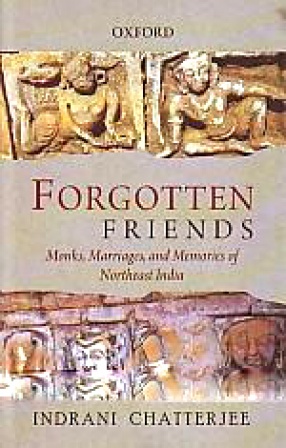
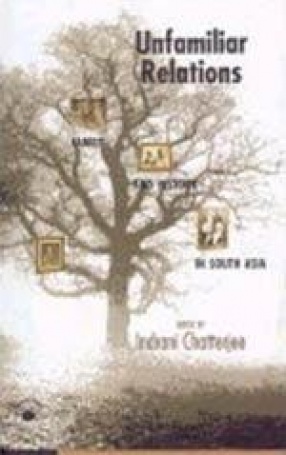
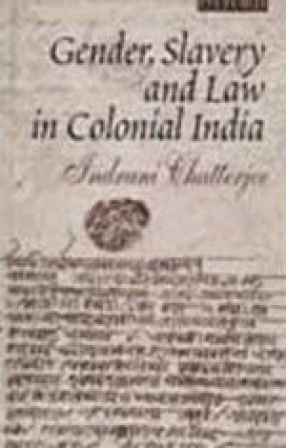
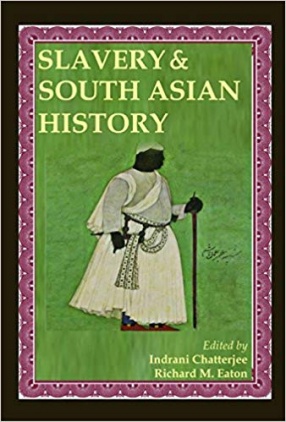



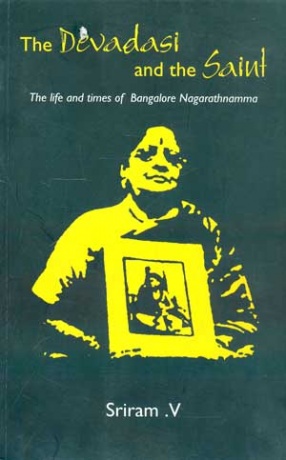

Bibliographic information